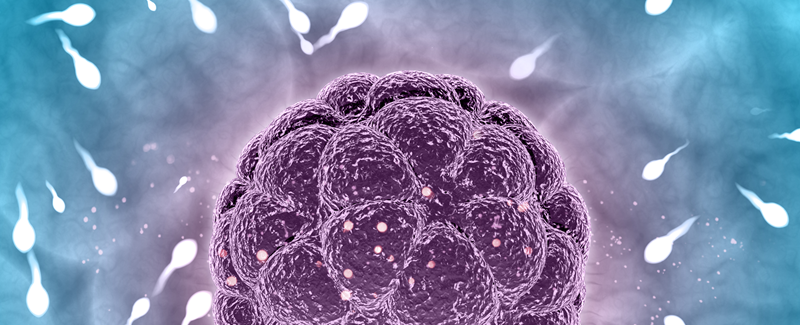We live in a world of increased workloads and career challenges. Your life plan includes pursuing certain dreams and ensuring they become reality. The truth is that few of us make plans for a family at the time when the ability to conceive is highest. Even fewer consider an assessment (male or female), to discuss past or current health issues that might affect their ability to have children in the future.
Yet, many young adults have or had conditions, which could severely impair their reproductive life. In men, conditions like mumps, undescended testicles, previous infection or surgery in the genital area could affect sperm production or sperm transport and reduce the ability to conceive.
For women, previous genital infections like Chlamydia, pelvic or abdominal surgery, a diagnosis of PID or endometriosis or a family history of premature menopause, endometriosis or fibroids could significantly reduce the likelihood to conceive or shorten your reproductive window. Egg (oocyte) freezing could offer the possibility to preserve fertility in circumstances where a risk of ovarian failure exists. You should consider an early assessment and a reproductive plan.
If you answer “yes” to any of these questions you should consider planning your reproductive life early:
- Do I have major medical conditions?
- Did I have any surgery in the past?
- Did I have any surgery to my abdomen?
- Is it possible that I had a pelvic infection in the past?
- Did I have radio or chemotherapy?
- Do I have painful periods?
- Was I ever diagnosed with endometriosis or fibroids?
- Any female in my family diagnosed with endometriosis?
- Do I take recreational drugs?
- Did I receive trauma or surgery to my testicles?
During a Reproductive Planning Consultation, I will help you understand how fertility works and discuss with you potential issues that need attention, based on your personal history. In preparation, you should set aside time to think about important questions like:
- Could there be something in my past and present that reduces my chances to conceive?
- Anybody in my family with major medical complaints, including infertility?
- When do I want to have a child?
- How much time I am prepared to spend for this to happen?
It is my belief that a proactive plan, like a consultation, assessment and early intervention, helps you prevent the disappointment of infertility and childlessness. Prevention is better than cure.













